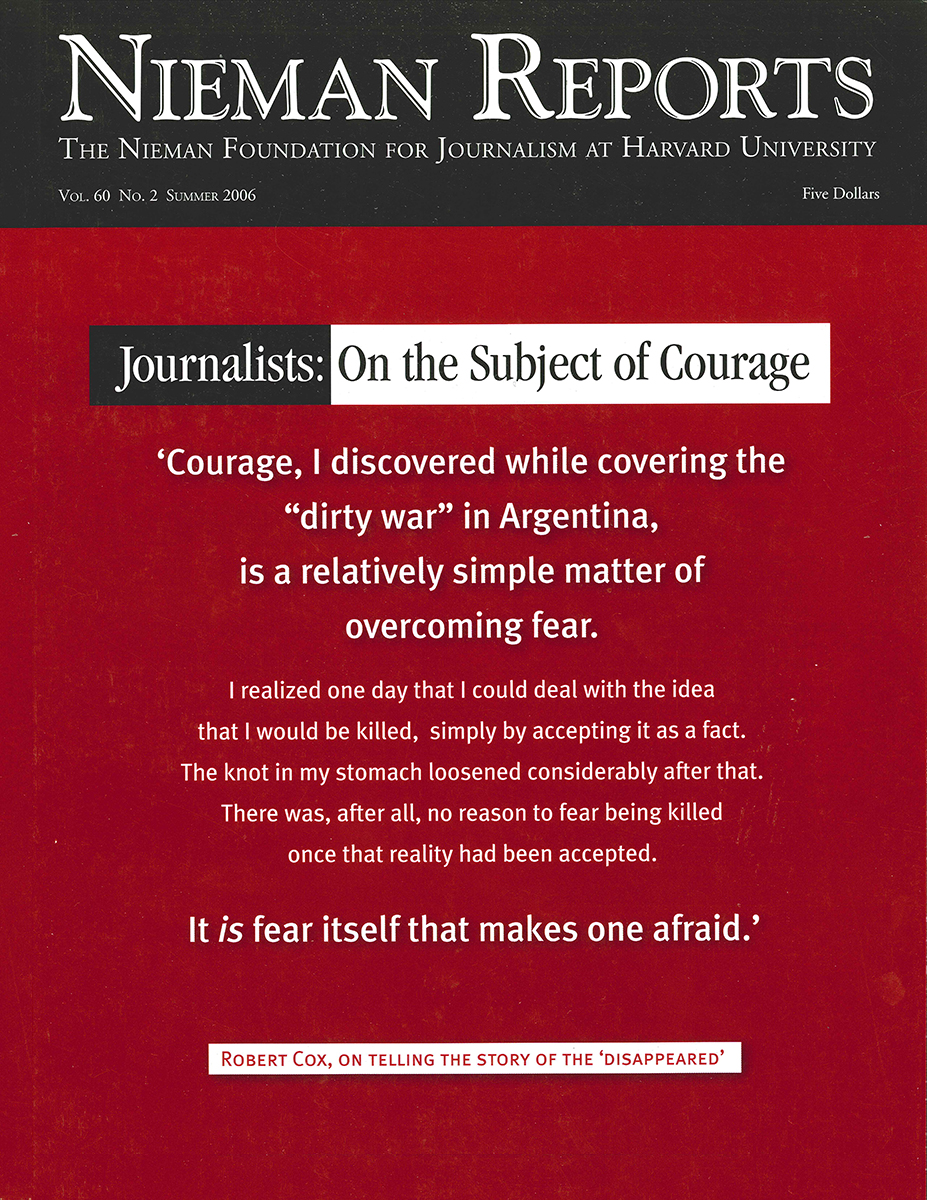In the summer of 2005, Li Datong, editor of Freezing Point, a popular supplement that he edited for China Youth Daily, wrote a lengthy memo to the paper’s editor in chief, Li Erliang, and the editors’ committee in response to a set of Appraisal Regulations that he believed would adversely affect basic news standards and practices at the paper. According to a Washington Post account of this incident, without telling the editor in chief, Li Datong posted his letter on the newspaper’s computer system before he went into the staff meeting where this new system was to be discussed. Only at the end of this meeting did he announce what he had done. By then, his memo had been leaked and was spreading across the Internet, and copies were posted on China’s most popular Web forums. Soon RELATED WEB LINK
Read Li Datong’s letter
– zonaeuropa.comthe government’s Internet censors scrambled his words and ordered many Web sites to delete his letter. Two days later, confronted with public outrage at what the editor in chief planned to do, the plan was shelved.
In his letter Li Datong, who had worked at the China Youth Daily for 26 years, responded to the introduction of a numerical system that would reward reporters based on the kind of praise their articles receive.
As I read these regulations, I could not believe my eyes. When a report or a page received the highest accolade from the readers, only 50 points is awarded. But if a certain official likes it, there is at least 80 extra points up to a maximum of 300 points! Even worse, in the section on "subtracting points," points will be deducted when officials criticize it. What does that mean?
RELATED ARTICLE
"When a Journalist’s Voice Is Silenced"
– By Philip J. CunninghamThis means that no matter how much effort was put into your report, no matter how difficult your investigation was, no matter how well written your report was, and even if your life had been threatened during the process (and enough reporters have been beaten up for trying to report the truth), and no matter how much the readers praised the report, as long as some official is unhappy and makes a few "critical" comments, then all your work is worth zero, you have added zero to the reputation of the newspaper, and your readers’ opinions are worth less than a fart — in fact, you will be penalized as much as this month’s wages!
Under this unreasonable system, the editors and reporters will go out of their minds instead of worrying about media’s role to monitor. Oddly enough, the most basic and irreplaceable role for mainstream media to act as the conscience of society and to seek justice for the socially vulnerable groups is completely missing in this document about the appraisal regulations. This cannot possibly be explained as due to "omission" or "negligence."
Later in his letter, Li describes how he views the situation the China Youth Daily faces in the new, more market-based environment of China’s 21st century urban economy.
The very cold facts are that the China Youth Daily is facing serious problems in terms of surviving and developing. The circulation is decreasing from year to year. The advertising revenue is not worth mentioning. The newspaper had a significant operating deficit last year. At the same time, many urban newspapers have begun to look and act like mainstream newspapers, including their responsibility to report. They are getting better with the news and commentary. In terms of business, there are numerous newspapers that make hundreds of millions per year from advertisements … the mainstream newspapers in China are now facing a bad situation in their business. This reflects the choice of the readers; it is also the choice of the market. As to how to deal with this highly competitive situation to restore the party newspapers to prominence, the choice is obvious. There is no choice but to win the trust of the people, like Marx’s "people’s news": "It must live among the people, it must share the problems and pains with the people, it must love and hate with the people, it must fairly tell all the things that people hope for and suffer from." Marx emphasized: "The trust of the people is the condition for a newspaper to live. Without this condition, the newspaper will shrivel."


